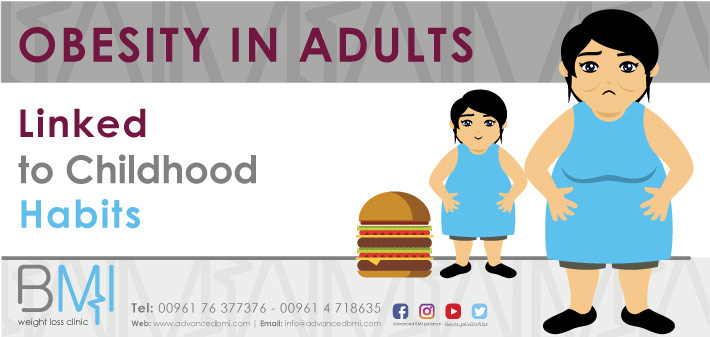This is according to results found in a recent research study carried out in the University of Waterloo in Canada. The study which involved a group of students in Ontario aged between 13 and 17 who are participating in an ongoing 9-year study (The COMPASS Study) funded by the Canadian Institute for Health Research showed that children and teenagers were highly likely to maintain habits formed in childhood into adulthood. The findings of the research concluded that that a general combination of bad or unhealthy behaviors among adolescents could significantly determine whether or not teenagers and young adults would grow into Obesity in Adults.
According to Rachel Laxer; one of the researchers who conducted the study, obese adolescents usually maintain their weight and go on to have obesity in adults. Consequently, their risk for developing obesity related conditions including; Type 2 diabetes, heart disease, and high blood pressure as adults increases.
She said that according to results from the study, the researchers found that although calorie intake hasn’t changed very much over time, exercising, alcohol intake, drug and substance use, smoking and other negative habits have dramatically increased.
“Public health practitioners should be targeting clusters of risky behaviors using a comprehensive and multi-pronged approach,” Says Laxer. “It’s increasingly important to target these risky behaviors together, and early, before they become habits.” She added.
The students were classified into four groups; health conscious, typical high school athletes, inactive high screen users and Fairly Active Substance Users based on risky behaviors reported at the beginning of the study and through a 2-year period. The heights and weights of the students in the four groups were also measured and tracked throughout the study period.
The results of the study showed that while all students in the four groups showed similar weight gain over the two year period, students categorized as health conscious had the healthiest weight at the beginning and at the end of the study.
Based on the findings of the study, Laxer emphasizes the importance of identifying and correcting negative habits in children because when grow into teenagers, such behaviors may have developed into habits and become much more difficult to correct.
“It’s important to try to improve behaviors before they become habits, which are much harder to correct,” She says. “Health promotion strategies targeting higher risk youth as they enter secondary school might be the best way to prevent or delay the onset of obesity, and might have better public health outcomes over the longer term.” Laxer added.









